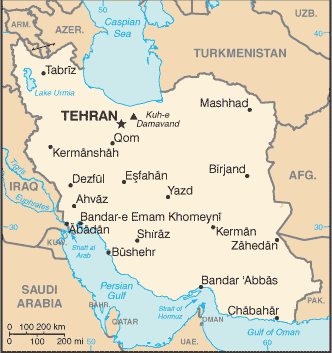With Congress expected to block any serious efforts to lift any sanctions against Iran, officials with the Obama Administration say that they are considering using billions of dollars in frozen Iranian assets as the incentive tool during early parts of the negotiations.
 Slowly unfreezing Iran’s overseas assets would be a “financial spigot” that the administration could open and close at will, to be used as leverage during the ongoing negotiations.
Slowly unfreezing Iran’s overseas assets would be a “financial spigot” that the administration could open and close at will, to be used as leverage during the ongoing negotiations.
Iran’s proposals for a settlement on their nuclear program could take many months to finalize, and Congressional opposition to the talks means that it’s going to be next to impossible to lift sanctions, especially in the near term.
That means the Obama Administration’s negotiating position is all the weaker, since they can’t credibly make promises related to the sanctions without securing some sort of pledge from Congress, and that’s likely to be impossible so long as Israel is withholding its imprimatur on the talks, since much of Congress is presenting the anti-diplomacy position as “pro-Israel.”


